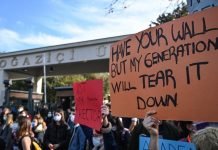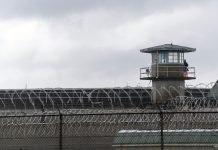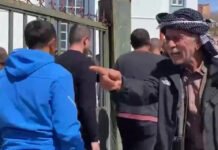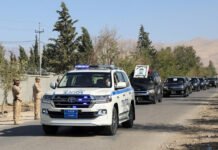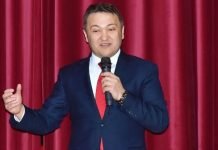Trial begins on Tuesday in an İstanbul court for more than 150 academics who signed a peace declaration in early 2016 criticizing the Turkish government for its violation of human rights and civilian casualties among the predominantly Kurdish population of eastern Turkey.
The academics face terrorism charges and could receive jail terms of seven-and-a-half years, the Evrensel daily reported.
The declaration, signed by 1,128 academics in 2016, called on the government to halt operations by security forces in southeastern Turkey, restore peace to the nation and return to the negotiating table to restart shelved talks with the Kurds to find a peaceful solution to the Kurdish issue.
Signatories of the peace declaration titled “We Will Not Be a Party to This [Turkish state’s] Crime” are facing accusations of disseminating terrorist propaganda.
The academics for peace demanded that the Turkish government put an end to blockades and curfews in Kurdish towns, avoid targeting civilians in the conflict with the outlawed Kurdistan Workers Party (PKK), reinstate necessary conditions for a cease-fire with the militants and ultimately secure an atmosphere for a sustainable peace between the Kurds and the Turkish state.

It was signed by more than 2,000 intellectuals from both inside and outside Turkey, including American linguist, social scientist and human rights campaigner Noam Chomsky. Chomsky has also sent a message of solidarity with the academics who stand trial after becoming a target of the Erdoğan regime for signing a petition that called for an end to violence and resumption of peace negotiations in Turkey.
According to a report by pro-Kurdish Fırat news agency, the solidarity message of Chomsky for Academics for Peace is as follows:
“The penal case against the signers of the Academics for Peace petition is a shocking miscarriage of justice, which friends of the Turkish people can only view with dismay. The wording of the indictment, throughout, makes it clear that the case is an assault against fundamental rights of free expression that should be zealously safeguarded.
“To take only one example, the signers are accused of calling on the government ‘to lift the curfew, punish those who are responsible for human rights violations, and compensate those citizens who have experienced material and psychological damage.’ These are entirely reasonable appeals, quite standard in free societies, and very natural and praiseworthy on the part of concerned citizens.
“Those who feel that the petition misrepresents facts have ample opportunity to respond in a civilized manner. There is nothing in the petition that supports terrorism in the slightest way. The tortured attempt of the prosecution to distort a principled appeal for peace and justice into support for terrorism should not be tolerated in a society that values freedom and basic human rights.”
The peace declaration frustrated Turkey’s autocratic President Recep Tayyip Erdoğan and the Justice and Development Party (AKP) government, leading to retribution against the academics. Some of the insults Erdoğan used against them included “so-called intellectuals,” “a flock called intellectuals,” “traitors” and “rough copies of intellectuals.”
Hundreds of academics who signed the declaration were detained when police raided their homes and offices across Turkey after the declaration was announced on Jan. 11, 2016, while hundreds of them were removed from their jobs. (SCF with turkishminute.com)



